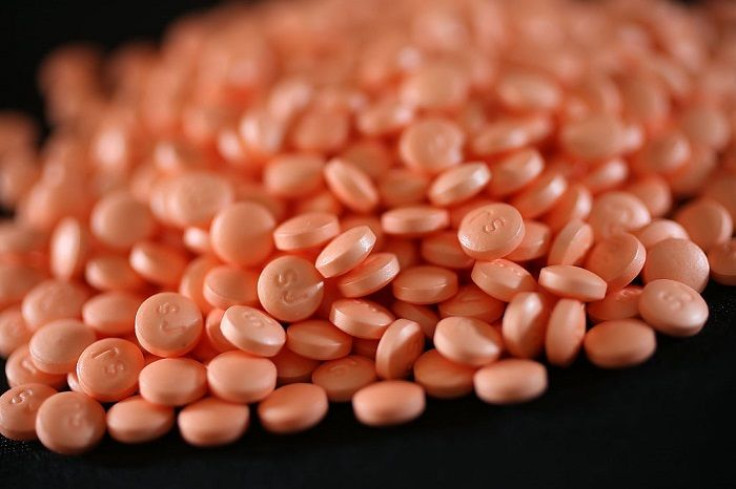Taking Aspirin Alongside Cancer Treatment Could Increase Survival By Up To 20%

Aspirin, the century-old quintessential painkiller, does more than just that. Various studies have shown the little pill’s benefits go beyond numbing pain to everything from lowering the risk of cardiovascular disease to reducing the incidence of cancer. Now, new research from Cardiff University suggests that the painkiller could serve as an additional cancer treatment.
The study, published in the journal Plos One, found that cancer patients who took a low-level dose of aspirin in addition to their cancer treatment increased their chance of survival by up to 20 percent and helped stop the cancer from spreading. The findings echo findings from previous studies, so the results did not really shock Elwood.
“Benefit had been predicted by biochemists and cell biologists, and had been shown in animal studies,” Elwood told Medical Daily. There’s a growing body of evidence supporting the link between aspirin and its cancer butt-kicking abilities, but Elwood and his team wanted to know whether the painkiller had a specific role in cancer treatment.
For the study, researchers combed through five randomized trials and 42 observational studies involving patients with colorectal, breast and prostate cancers. They found that taking low-dose aspirin daily in addition to cancer treatment was associated with a 15- to 20-percent reduction in deaths among patients with bowel, breast or prostate cancer. It was also associated with a reduction in the spread of cancer.
The results also suggested a reduction in other types of cancers, but too few patients suffering from those cancers took part in the research to verify this. However, he did tell Medical Daily that there was a “fair degree of consistency across all the cancers,” suggesting that the benefits of daily low-dose aspirin use may not be just limited to colon, breast or prostate cancer patients.
However, there are concerns about the side effects associated with taking aspirin daily.
"One of the concerns about taking aspirin remains the potential for intestinal bleeding,” said Elwood. “That's why we specifically looked at the available evidence of bleeding and we wrote to all authors asking for further data. In no study was serious or life-threatening bleeding reported." Elwood also states that there is no valid evidence that internal bleeding attributed to aspirin causes death, “whereas the conditions which benefit from aspirin have a high mortality.”
Yet, internal bleeding is a serious side effect, a risk that may even outweigh the benefits of taking an aspirin a day. Listed as a side effect on its label, stomach bleeding could result in blood clots, subsequently upping the risk for numerous cardiovascular problems and canceling out the health benefits associated with aspirin.
“We urge that patients have the right to be given the evidence and encouraged to make their own decision, rather than doctors making the decision,” Peter Elwood, who led the study, told Medical Daily.
The Food and Drug Administration has also questioned the purported benefits associated with daily aspirin intake, saying that the painkiller’s effect on people who haven’t experienced a heart attack or stroke is inconclusive.
Some people still have faith in the white pills. Recently, the U.S. Preventive Services Task Force recommended daily aspirin use for men and women between the ages of 50 and 69 to prevent cardiovascular disease and colorectal cancer.
There is obviously a need for more research on this topic. In fact, Elwood’s next step is to set up randomized trials examining the relationship between aspirin and cancer, “but these will take perhaps 10 years or more, and it is unlikely that trials will be set up in the less common cancers.”
Source: Elwood P, Morgan G, Pickering J, et al. Aspirin in the Treatment of Cancer: Reductions in Metastatic Spread and in Mortality: A Systematic Review and Meta-Analyses of Published Studies. PLOS One. 2016.



























